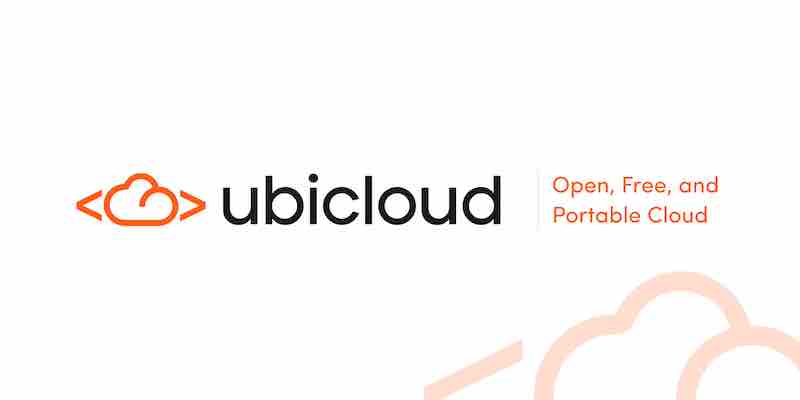Ubicloud: Open, Free, And Portable Cloud

Ubicloud provides cloud services on bare metal providers, such as Hetzner, OVH, or AWS Bare Metal. You can set it up yourself or use our managed service.
Ubicloud is an open, accessible, and portable cloud solution that presents an alternative to mainstream public cloud providers. Drawing a parallel, it likens itself to how Linux is an alternative to proprietary operating systems. Ubicloud provides infrastructure-as-a-service (IaaS) features on platforms that lease bare metal instances, including Hetzner, OVH, and AWS Bare Metal. While cloud services like AWS, Azure, and Google Cloud have streamlined operations for startups and large enterprises, they come with the downsides of being closed-source, expensive, and potentially locking users in. Ubicloud aims to counter these issues by offering an open-source, cost-effective alternative that gives users more control over their infrastructure. The platform is in its public alpha stage and offers services like Elastic Compute, Virtual Networking, Block Storage, and Attribute-Based Access Control (ABAC). It operates under the Elastic License 2.0 (ELv2) and has its codebase available on GitHub.
Explore the detailed documentation on Ubicloud.
Open-Source Cloud Evolution
The emergence of open-source cloud platforms like Ubicloud, positioned as alternatives to industry giants such as AWS and Azure, can significantly alter the cloud service industry’s dynamics.
- Increased Competition: Open-source alternatives can introduce more competition in the market, pushing established players to innovate further and possibly reduce prices.
- Democratization of Cloud Services: Open-source platforms can democratize access to cloud services, especially for smaller businesses or regions where proprietary solutions might be cost-prohibitive.
- Potential Challenges:
- Trust and Security: Gaining the trust of businesses, especially regarding security and reliability, can be challenging for newer open-source platforms.
- Scalability: While open-source solutions might work well for smaller operations, they might face challenges in scaling to meet the demands of larger enterprises.
- Support and Maintenance: Proprietary solutions often come with extensive support, something that open-source alternatives might struggle to match, especially in their early stages.
Cost-Effective Cloud Solutions
Ubicloud’s claim of being substantially cheaper than AWS can be a significant draw for startups and enterprises.
- Budget-Friendly for Startups: For startups operating on tight budgets, a cost-effective solution can mean more resources for other critical areas like product development and marketing.
- Operational Costs for Enterprises: Larger enterprises with substantial cloud operations can achieve significant savings, potentially redirecting those funds to other strategic initiatives.
- Trade-offs:
- Maturity of Services: While cost-effective, newer platforms might not offer the breadth and maturity of established players’ services.
- Integration Challenges: Enterprises with existing infrastructure might face challenges integrating with newer platforms.
- Performance and Reliability: There’s always a concern about whether the cost savings come at the expense of performance, uptime, and reliability.
Future of Cloud Portability:
Ubicloud’s focus on portability addresses a significant pain point for many businesses: vendor lock-in.
- Flexibility for Businesses: Emphasizing portability allows businesses to avoid being overly reliant on a single provider, giving them the flexibility to switch services based on evolving needs and market conditions.
- Strategic Shift for Major Providers: Recognizing the demand for portability, major cloud providers might focus more on interoperability and open standards, ensuring that their services play well with others in the ecosystem.
- Hybrid and Multi-Cloud Strategies: An emphasis on portability can further boost the adoption of hybrid and multi-cloud strategies, where businesses use services from multiple providers based on specific use cases and requirements.
The rise of platforms like Ubicloud underscores the evolving needs of businesses in the cloud domain. As the industry continues to evolve, the emphasis will likely be on flexibility, cost-effectiveness, and open standards, ensuring businesses have the best tools without compromising freedom and choice.